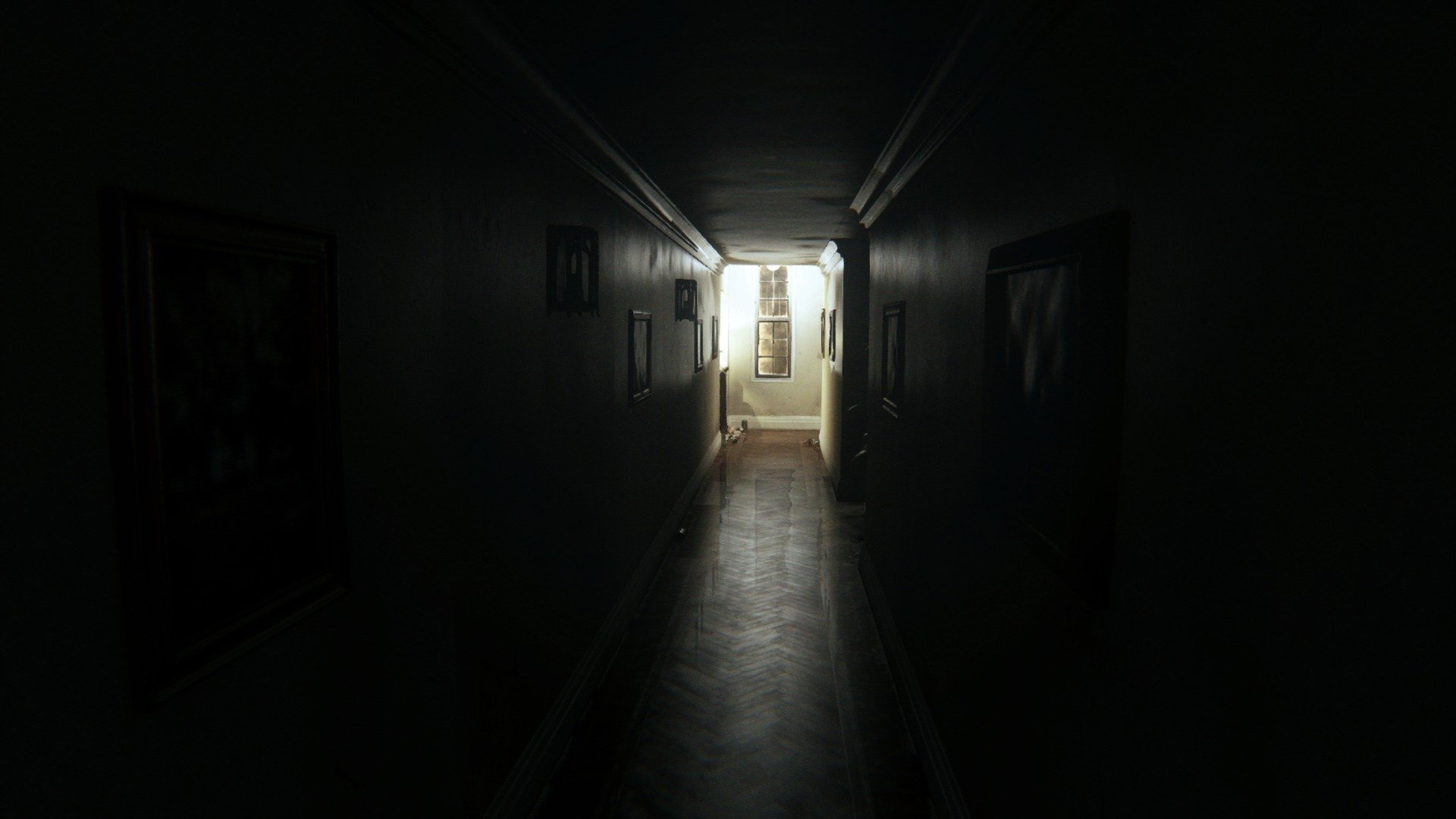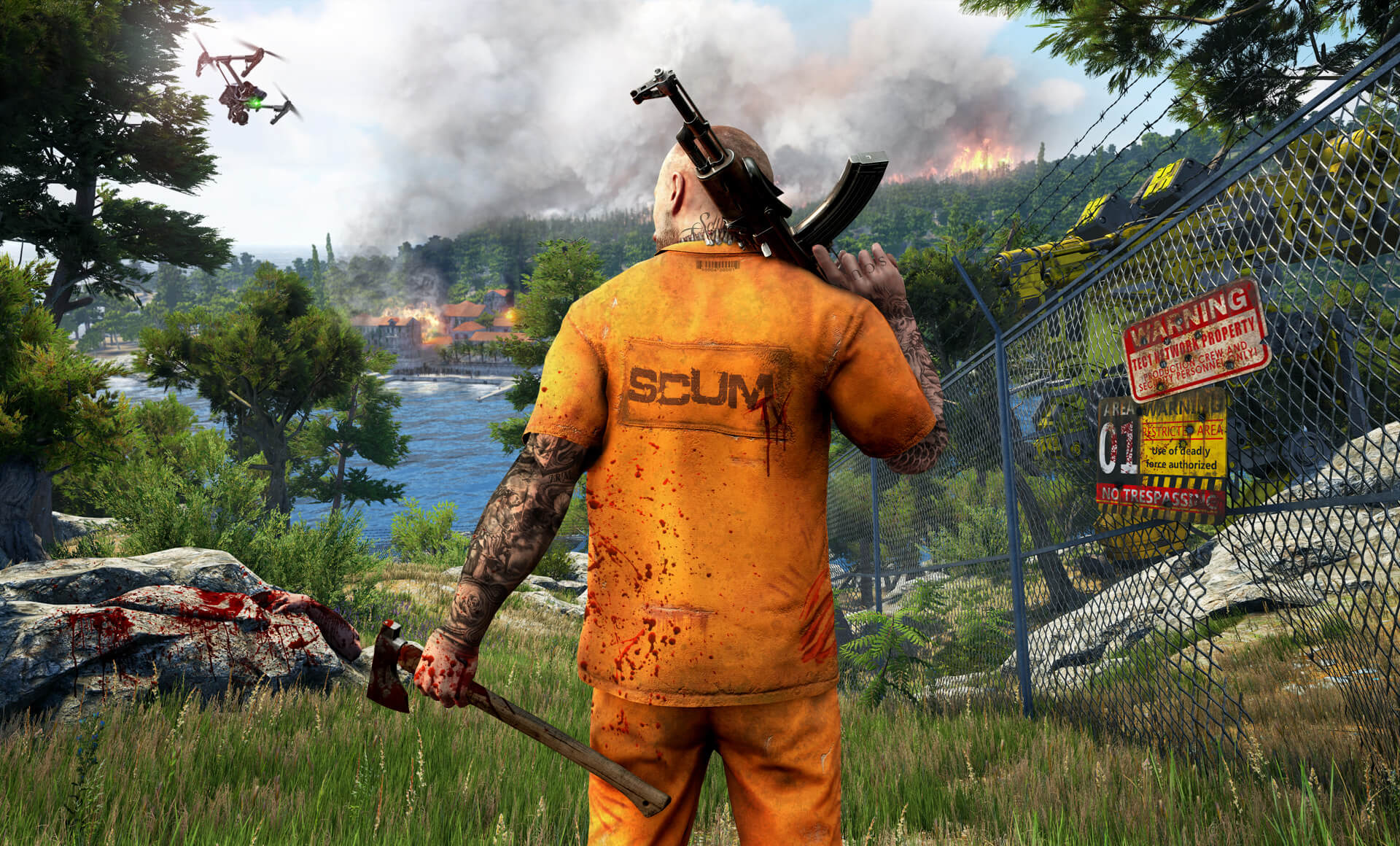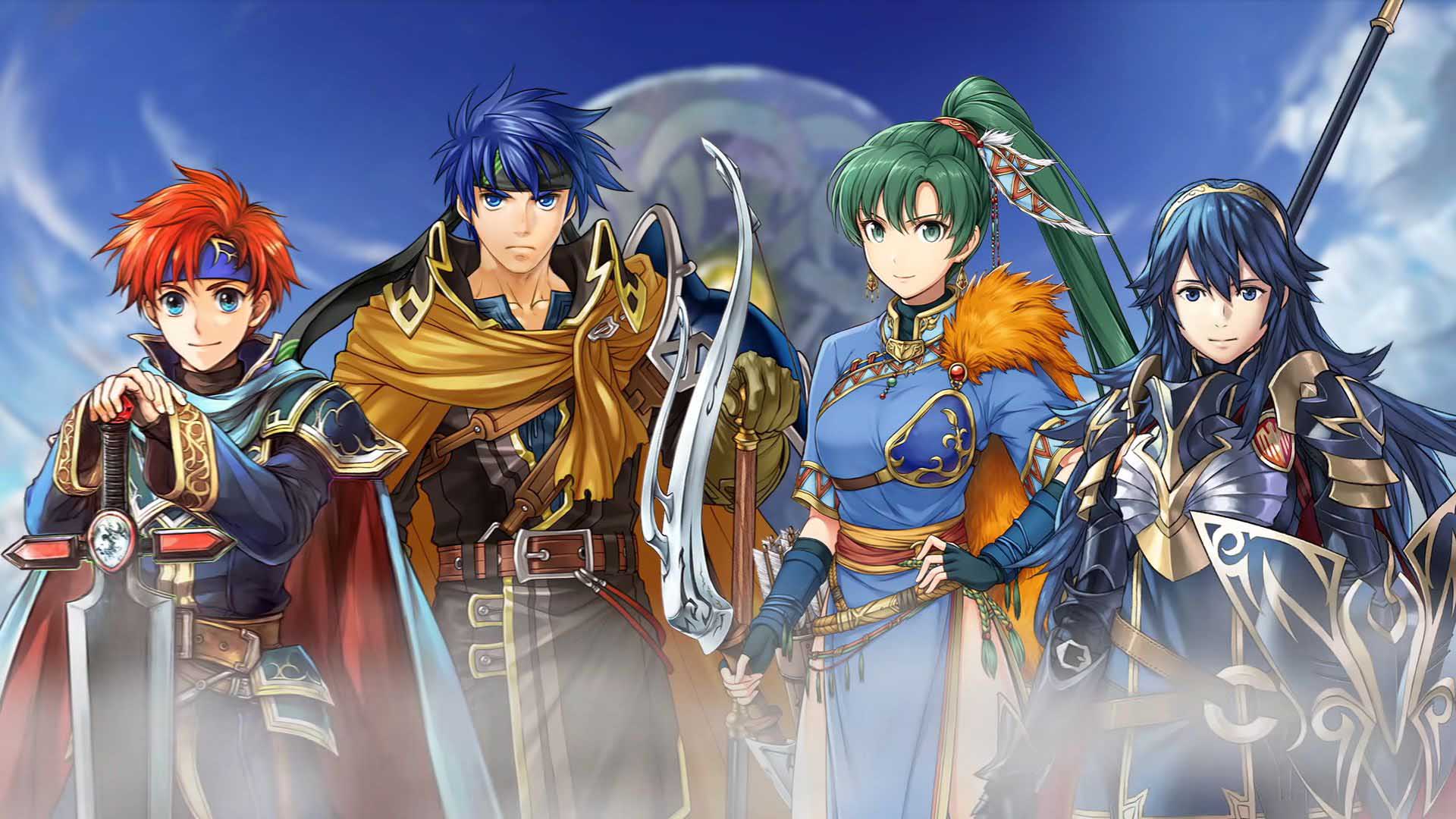
Looks like David Cage is up and at it again, as the newest Quantic Dream title brings even more eye-watering graphics, unparalleled storytelling and the mandatory bathroom scene to the table. Detroit: Become Human is one of those games that would win a Palme d’Or if Cannes let interactive drama games participate. In the United States of 2038, androids are everywhere, performing the menial jobs humans have deemed beneath their dignity, and must only operate in spaces especially segregated for them. Does this remind you of anything?
Three lives. Three stories. One conclusion.
https://www.youtube.com/watch?v=k0f_6cKkYHE
The game puts you in the shoes of three android characters, whose stories are inextricably intertwined: Connor, a CyberLife deviant-hunter (in the game, deviants are androids who no longer obey human commands) who buddies up with the perpetually on-a-bender and overtly-prejudiced Hank; Kara, an AX400 housekeeper who goes deviant to protect her charge Alice from her abusive father (and your master); and Markus, assistant and adopted son of a noted painter who is wrongfully arrested and thrown away by the police and emerges the leader of a new civil rights movement.
Before anything, the game is, like previous Cage offerings, heavily non-linear. Every choice you make alters the flow of the story somehow, and you continue playing even when a character is offed (there are no Game Overs). In this sense, it’s even freer than GTA V! Sure, you can run amok across San Andreas, get arrested/wasted countless times, but the endgame
In every scene, the theme of a humanity that has seen fit to position androids as untermensch is bolded and reinforced. As Connor, you arrive at the scene of a standoff, and a mother desperately pleads with you to save her daughter, until she notices that little LED on the side of your head. “You can’t send an android in there!” As Kara, you awaken in a store filled like androids like you, treated like objects for sale, not even afforded the basic decency of being referred to as “she”, only “it”. As Markus, the minute you are apprehended by police for defending yourself against your abusive human step-brother, you are stripped of the life you know without any reference to due constitutional protections (there are none for androids) and unceremoniously dumped.
It’s all about them choices, choices, choices

You can choose to be peaceful or to be violent, to forgive when you could take revenge, to subvert human stereotypes about deviants entirely or to allow them to come true. All of your choices distill into public opinion of your cause, and if it’s high enough, you might just come out of this long night with hopes for co-existence. Do the limbo, however, and you’ll find everyone around you more aggressive, more cruel, and end up with some very, very heartbreaking endings.


Our trio of characters undergoes humanizing developments as the plot progresses. Connor can bond with Hank, earning his trust and affection, and finally see you as an equal and a son. Kara can break her programming and defend and love Alice at all costs as she would if she were a mother and Alice her flesh-and-blood, even after [SPOILER ALERT!] she is revealed to be an android herself. Markus can spread the ideas of non-violent disobedience to the androids he encounters, gaining a movement and a unified voice for his people. Of course, you could also choose to shoot yourself in the foot and antagonize Hank, ignore Alice after that bombshell, and choose a violent rebellion. A word to the wise: don’t.

If you do this, fuck you. FUCK YOU.
Gameplay basics and plot analysis 101
The one thing you need to prime for this game is your reflexes. As with every other interactive drama out there, the game has a lot of QTEs. Miss the cues, and you could just end up with EVERY character dead in the first chapter. Yeaaaaaaah… (on the plus side, there’s a Far Cry 4-esque secret ending if you manage to pull this off!)

There’s also something to be said about the timeliness of the plot. While the themes are certainly rooted in history (the Underground Android Railway to Canada, anyone?), there are so many parallels to be drawn. Kara and Alice, for one, can be arrested and taken to a “recycling centre”, where they’ll be separated from each other forever. Perhaps real life writes the plot, perhaps the plot real life, but that sure looks like what U.S. immigration is doing to migrant families right now.
The game itself is heavy with biblical symbolism, with references peppered throughout the story to the Old Testament (and the walls of Jericho tumbled…) Only this time, Joshua’s the bad guy, masked by indifference as well as a literal mask (look at the soldiers throughout the game). Is it so surprising that Markus ends up the Messiah figure for all androidkind?
Good enough to eat!

Moving on to the tech stuff, the graphics are just plain amazing. Quantic Dream spared no expense in transforming the Kara demo to PS4-ready graphics, and every facial expression in the game feels real because it is real; motion capture being extensively used to animate the protagonists and the people around them. For Bryan Dechart, Valorie Curry and Jesse Williams, this game is their introduction to immortality.
The soundtrack was personalized for each main character’s story and scored by three different composers, builds up from a faint whisper at the start of the game to its earth-shattering conclusion. In the words of Quantic Dream co-CEO Guillaume de Fondaumiere:
“To stress Connor’s very cold and mechanical behavior, we chose a primarily electronic soundtrack. For Kara, we wanted a music that would be emotional and moving, underlining her quest for identity, love and empathy. For Markus, we needed a soundtrack that would be epic and represent the grand aspect of his journey.”
Same goes for the cinematography, which was colour-graded and refined according to each character’s personality.
Final Verdict: 9/10
Some people are quick to say Detroit: Become Human reduces civil rights history to a series of quick-time events *cough* Polygon *cough*.

The truth is, video games are still a very limited medium for something as variegated and complex as the issues of social justice, and given that they have to balance plot and playability, I’d say Quantic Dream has managed to pull off something that entertains and makes you think at the same time. Every choice has its consequence, and the game delights in making you either enjoy or suffer them. Choose well, young padawan.
On a final note, it wouldn’t be a David Cage game without a steamy bathroom scene. Enjoy:

P.S. Dammit, Quantic Dream, y u no include a proper epilogue to Kara and Alice’s story? I really really wanna see them starting a new life together as a family in Canada! Perhaps a DLC can be arranged…..please?









